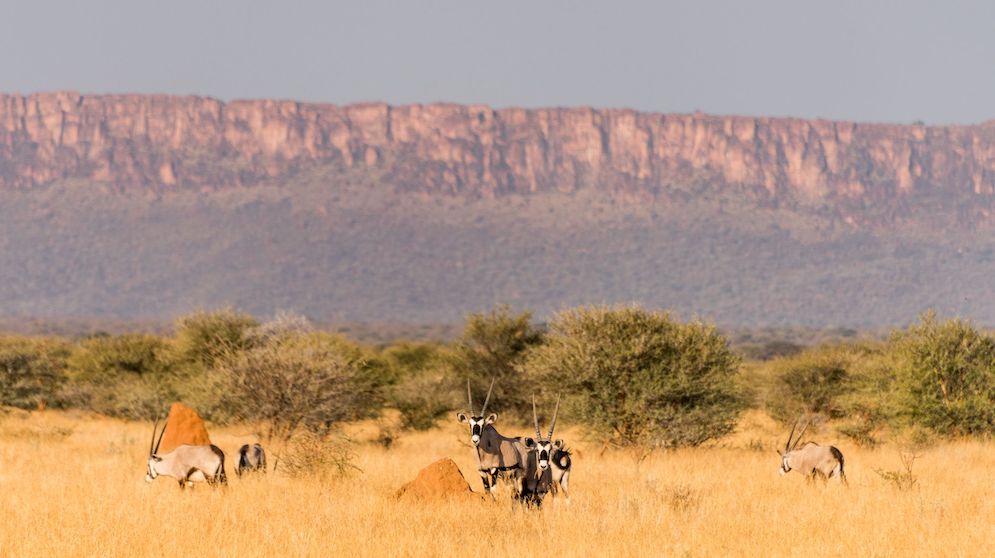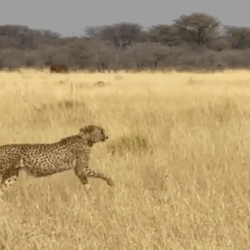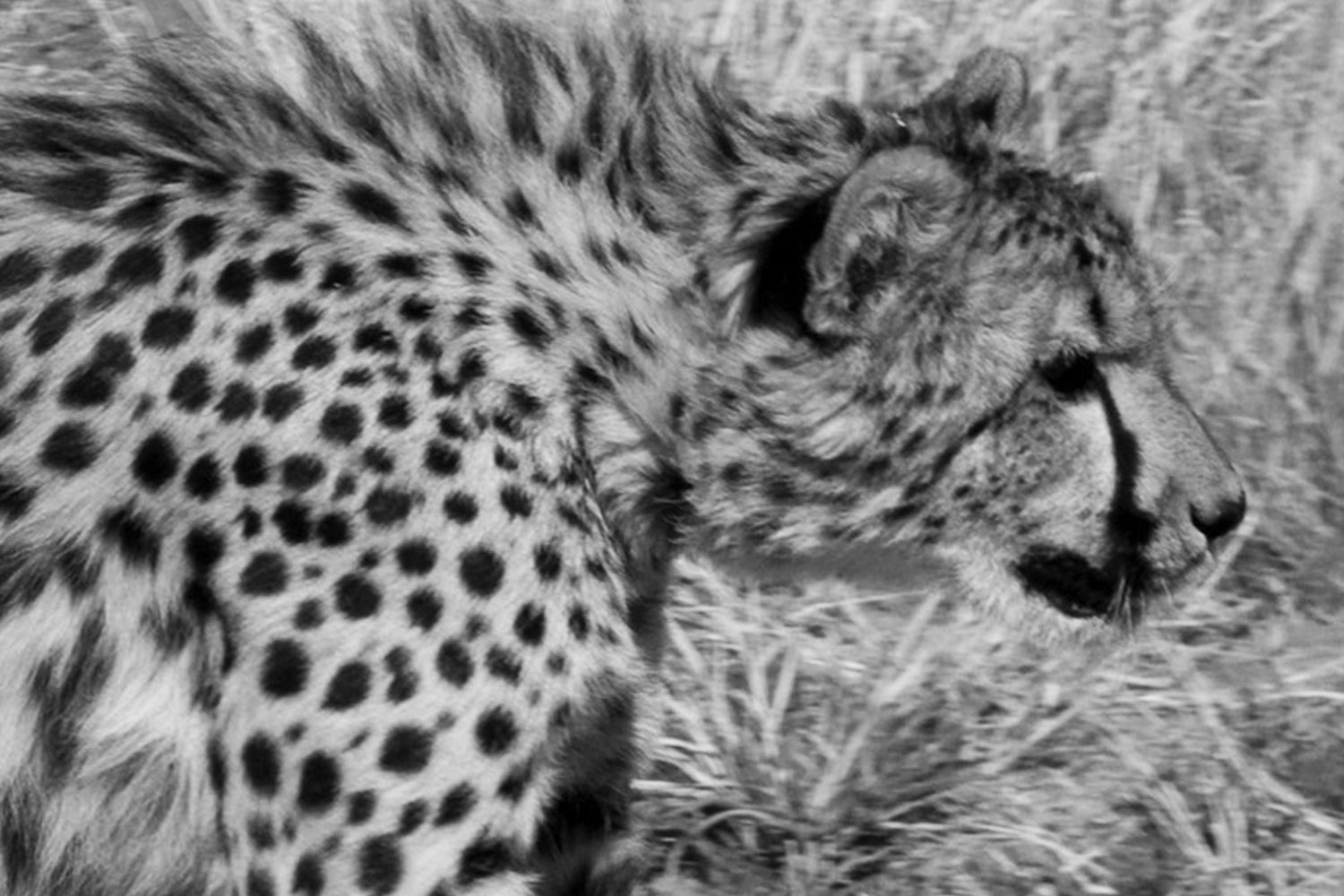The Benefits of Healthy Ecosystems
-

- by Meredith Hanel December 3, 2020

As we find ways to celebrate the holiday season safely this year during a pandemic, human health is on everyone’s mind. Physical distancing and wearing masks help reduce the risk of spreading the coronavirus that causes COVID-19. Did you know that we can reduce the risk of future infectious disease epidemics by keeping our ecosystems healthy? Healthy ecosystems benefit humans in many ways. One Health is an approach recognized by the WHO that understands that the health of people is connected to the health of animals, plants and the environment we share.

WHO diagram
Human disruptions to nature have been contributing factors to most epidemics including AIDS, Ebola, West Nile, SARS and Lyme disease. In the Amazon, an increase in deforestation by 4 percent increased malaria by nearly 50 percent because it created the optimal mix of sunlight and water for mosquitos to thrive in. Three out of four newly emerging human infectious diseases originate in animals, like the coronavirus disease the world is dealing with now. The likelihood that an infectious disease will move from animals to humans is linked to the amount of biodiversity.
Greater biodiversity seems to decrease the prevalence of disease and transmission in a reservoir host and the subsequent spillover to humans. Species that serve as reservoirs for zoonotic pathogens tend to predominate in low-diversity communities. These tend to be species like rodents that reproduce quickly and have large litters. Zoonotic pathogens can infect multiple hosts and in more diverse communities the infections are diluted among more hosts, including those that do not make good reservoirs. Therefore, actions that prevent loss of biodiversity can promote human health.
Predators maintain biodiversity and keep ecosystems in balance. By keeping their prey populations in check, they ensure many species occupy a variety of environmental niches. Humans often focus on the risks of living near predators. These powerful animals do have the potential to hurt us, our pets or livestock. At the same time, we are beginning to realize the important services that predators provide to an ecosystem.
In Canada and the United States, there is a link between predators and Lyme disease, a disease caused by a bacteria carried on certain species of tick. Foxes reduce Lyme disease in humans by controlling the mouse populations that carry the infectious ticks. Wolves also reduce Lyme disease by scaring off coyotes so those mouse-eating foxes and weasels can thrive.
The role of the predator in balancing the ecosystem can provide benefits to farmers as well. Cattle farmers in Australia often see dingoes as a threat as they may kill valuable livestock, but if they kill them, they lose a valuable service. Dingoes control red kangaroo populations, which compete with livestock on grazing land. Dingoes are estimated to increase pasture biomass, which nourishes and sustains cattle and increase profit margins for cattle farmers.
The cheetah is the fastest mammalian apex predator on land. In this role the cheetah performs important ecological services. Top predators like the cheetah support biodiversity. Leftovers from cheetah kills feed others in the food web like jackals, birds of prey and insects. Cheetahs also keep levels of herbivores controlled. This prevents over-grazing which can transform land into deserts, affect the water cycle and increase forest fires.
How can we protect predators and let them do their job? Protected conservation land makes up only 12.5% of the earth’s surface, leaving most wildlife in landscapes shared with humans. That’s why it is important to teach humans how and why to tolerate predators. Over 77% of cheetahs live in areas shared with humans. Cheetah Conservation Fund provides training for farmers to use predator-friendly farming practices like livestock guarding dogs and educates people about the role of the predators in healthy ecosystems.

Recognizing connections between the health of humans, livestock and wildlife, CCF is developing an integrated One Health Initiative. One branch of the initiative includes a mobile rabies vaccine clinic to reduce the risk of rabies in domestic animals, livestock, wildlife and people. CCF implemented in 2019 a Rabies Awareness and Prevention campaign with financial support from the Foundation for Human Rabies Education and Eradication (FHREE).
There is nothing like a global pandemic to reinforce the feeling that we are all connected, sharing one planet. Cheetah Conservation Fund is doing its part to make our planet healthier.
Related Reading



